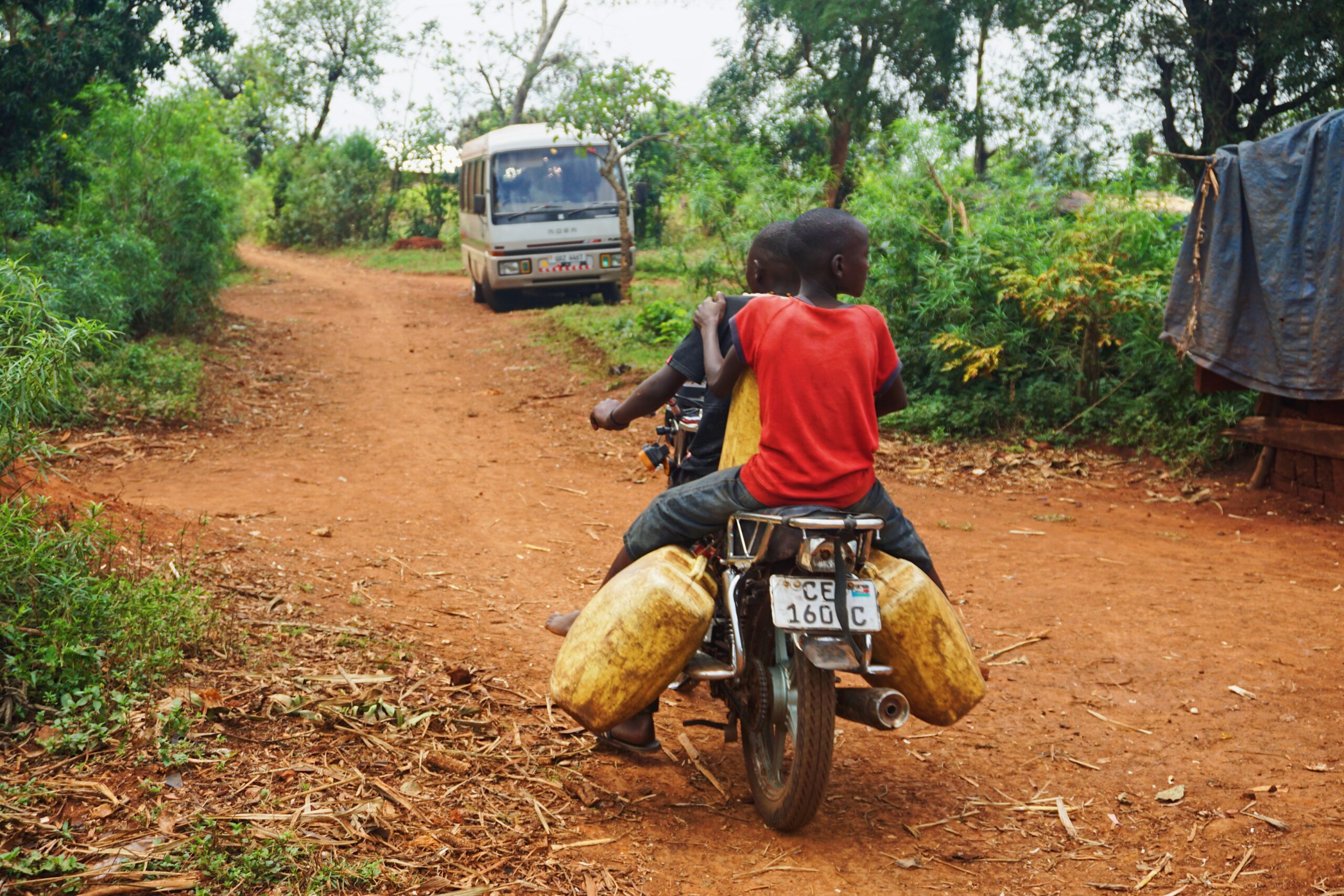Policy for Vulnerable People
Kenya is facing difficulties in achieving 100% universal access to water and sanitation by 2030 in line with its commitment to the Sustainable Development Goals. The Kenyan Constitution recognises the right to clean and safe water in adequate quantities and to reasonable standards of sanitation. However, despite efforts by the government, several parts of the country still suffer water shortages and poor sanitation. Natural disasters, especially floods, and the current COVID-19 pandemic pose urgent threats to the realisation HRWS in the country and in the current scenario, vulnerable people are disproportionately impacted by the lack of water and sanitation.
The Kenyan National Commission on Human Rights (KNCHR) is keen on improving the access to water and sanitation in the country and has joined forces with Human Right 2 Water to fight the challenges of implementing the human rights to water and sanitation (HRWS), focusing on Kenya’s North-eastern region.

The project aims primarily to develop a system for establishing human rights-based indicators, that will identify the key challenges that need to be addressed for vulnerable people without access to safe and sustainable water and sanitation. Secondly, we seek to set up a monitoring system, using existing institutions and local communities for collection and distribution of data. Finally, we strive to include local communities in the development and tracking of human rights indicators as a means to increase awareness of their rights and duties, and to increase local ownership of the solutions, especially for vulnerable groups
We acknowledge with thanks, the support from the Kenya National Commission on Human Rights (KNCHR) for supporting this project, and the Swiss Development Cooperation (SDC).



- Situation analysis of Marsabit and Garissa, based on the LNOB Tool developed by HR2W
- List of indicators developed and validifed by community and authority stakeholders in Marsabit and Garissa
- Model Action Plans for Marsabit and Garissa, for implementation of the human rights indicators, with responsible parties and budgets
The policy brief on this topic highlights the methodology and examples of this approach. The final documents are available here on the KNCHR website:
Marsabit County Action Plan for the Realisation of the Rights to Water and Sanitation
The Kenya National Commission on Human Rights (KNCHR) and HR2W partnered on this Leave No One Behind project to develop human right indicators for the realisation of the Human Right to Water and Sanitation.
The process included a situation analysis in three counties, followed by the development of draft indicators in Marsabit and Garissa. Regular consultation and participation of relevant stakeholders including the county governments, and representatives of vulnerable groups, fostered ownership and accountability.
The final stage of the project resulted in the adoption of County Action Plans in Marsabit and Garissa, to outline the responsibilities, plans and budgets for these two counties to start monitoring human rights indicators.
Our thanks to the Swiss Agency for Development and Cooperation for their support on this project.

